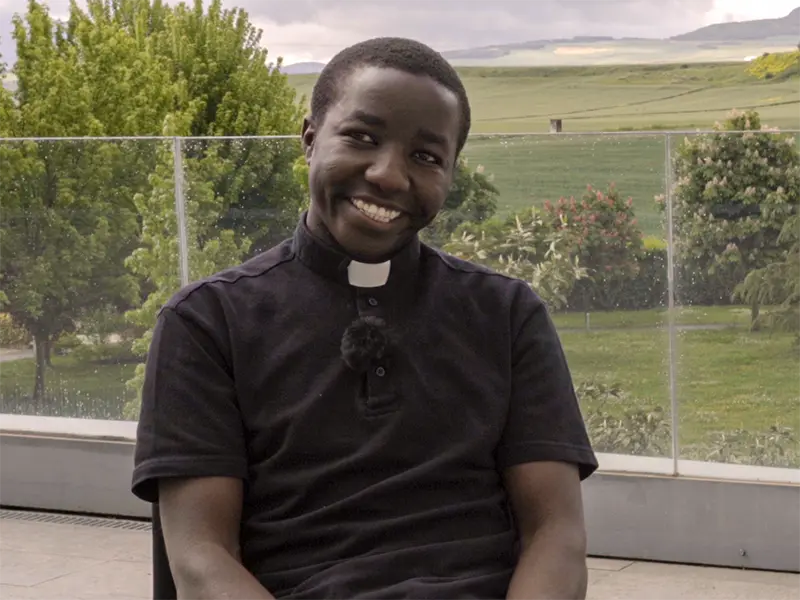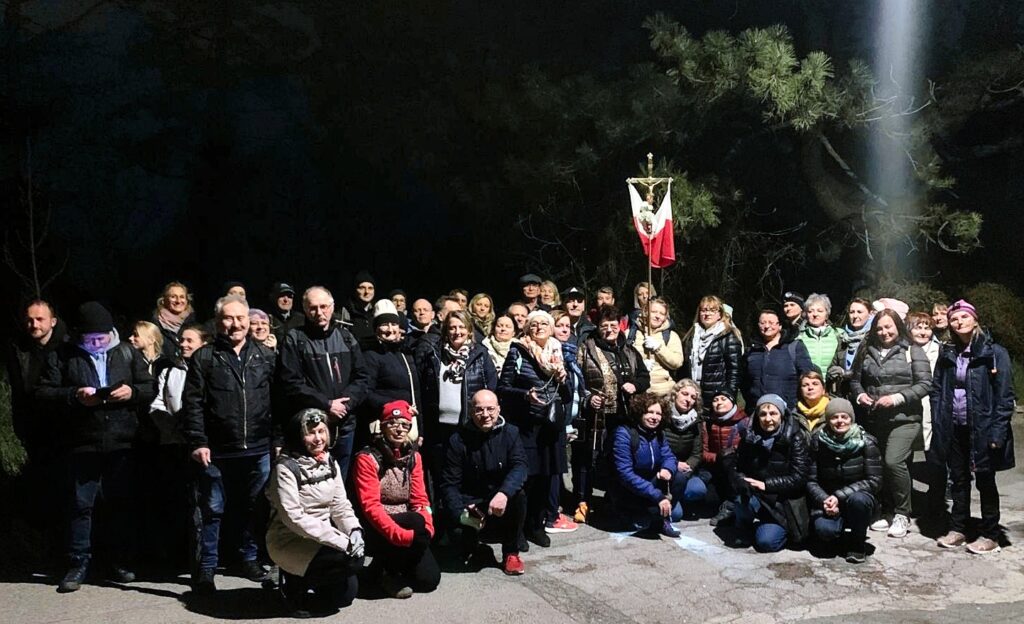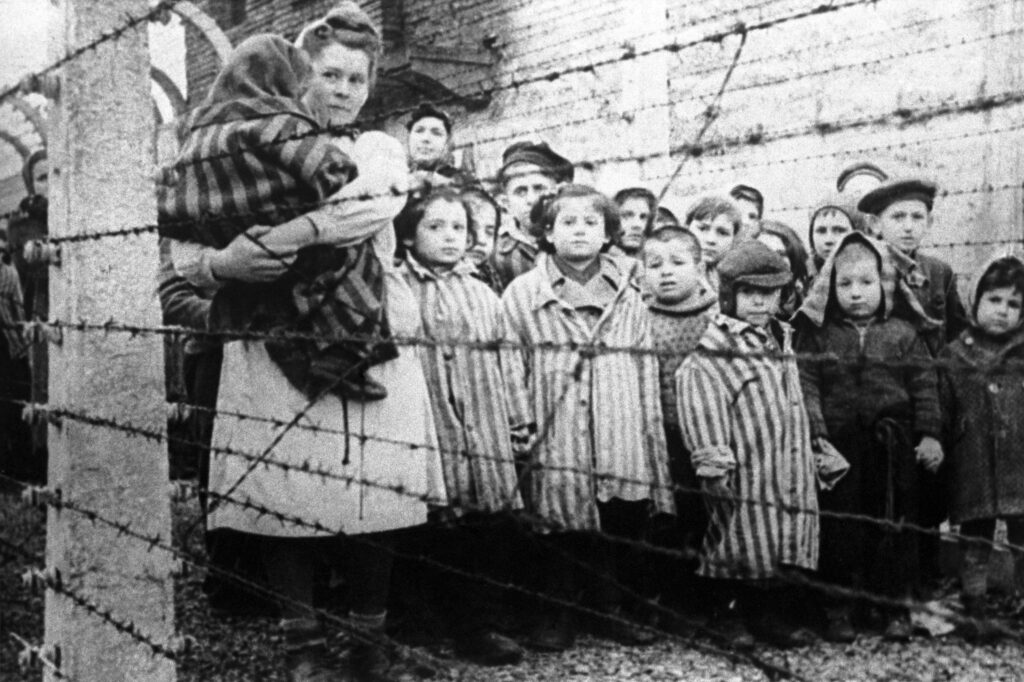Reflection by Monsignor Enrique Díaz: I love you, Lord, you are my strength
XXXI Ordinary Sunday

Monsignor Enrique Díaz Díaz shares with the readers of Exaudi his reflection on the Gospel of this Sunday, November 3, 2024, entitled: “I love you, Lord, you are my strength.”
***
Deuteronomy 6, 2-6: “You shall love the Lord, your God, with all your heart”
Psalm 17: “I love you, Lord, you are my strength”
Hebrews 7, 23-28: “Jesus has an eternal priesthood, because He remains forever”
Saint Mark 12, 28-34: “You shall love the Lord your God. You shall love your neighbor”
A few days ago Pope Francis surprised us with a new encyclical: “Dilexit nos” (“He loved us”) where he addresses the human and divine love reflected in the Heart of Jesus. Throughout the document, Pope Francis delves into the importance of the heart, not only as a physical organ, but as a symbol of the intimate and spiritual center of the person and of Jesus Christ.
There are important things in life, there are others that are of great interest, but only one important thing that we cannot set aside under penalty of our inner life dying: the love of God and the love of our neighbor. It is the heart of the disciple, it is the center of his entire life. If we neglect it, everything begins to decompose, to rot, everything threatens destruction. Why do we say the “love of God” instead of the “love of God”? To indicate that movement of reciprocity: the love that God gives us, which we receive freely, and our response of love, which springs from within us to the One who loves us so much. This is what the people of Israel experienced. When they lived in slavery and did not yet feel like a people, when their cries were drowned in helplessness, they “experienced” the love of God who took up those cries and made them a people. When they began their pilgrimage through the desert, they knew that they would only be sustained thanks to this love, which is reciprocal. Knowing that they are loved by God sustains them, but so does the love that they profess to God.
All idolatry leads them to destruction because they despise their roots and abandon their ideals. They have rightly made the “Shema Israel” the foundation of all their laws, structures and ideals. Every time they have forgotten and have put their hearts in other gods, be they called Baals, injustices or false rites, the people have fallen into disgrace. That is why every day they must recite with rigorous fidelity: “Shema Israel”: “Hear, Israel, our God…” Moses, in his farewell, insists that the most important thing for the people to have life is to comply with the instructions and rules of the Lord. The text of Deuteronomy that we read today is the soul, the guide, the road map that Israel cannot neglect or change for something else under the grave risk of being lost and perishing as a nation. The Hebrew connotation of the verb “shema” implies the imperative to obey, to put into practice, and that was what the people had to do: listen, obeying, listen, putting into practice. It is the profession of a monotheistic faith in the midst of a world that worshipped many gods and has a patriotic scope: united to that faith in the only God, are the possession of the land and its social and political relations with men. As long as it is faithful to this God, it will possess that land that flows with milk and honey; and idolatries will only be its great danger.
Jesus takes up the Israelite creed and makes it current, for that time and for our time: the love of/for God and the love of neighbor. It does not take away one iota of that confession, because love for God sustains man, and he must be loved with all the heart, with all the soul and with all the mind. But as a clear and indispensable consequence of this love, it places the love of one’s neighbor “as one would love oneself.” What nourishes and gives life to man must be translated into concrete actions that manifest that love. They do not diminish it, they do not diminish it, but they do not increase it. The greater the sincere love we have for man, the greater will be the true love we have for God and vice versa. All idolatry is not only against God, but against one’s neighbor, and let us think of any kind of idolatry that binds the heart and we will discover that it denies God and destroys humanity. Modern idolatries are not directed only against He who made us, but against our brothers. For example, the idolatry of wealth makes the true greatness of man consist in “having” and forgets that true greatness is “being.” A man is not worth what he has, but what he is.
When one is an idolater of possessions and opposes the construction of the Kingdom, one denies God and destroys one’s neighbor. There is now a great danger in this country because of this idolatry; perhaps it is the great temptation of this moment because the fanatics of riches, the idols of money, those who do not want their privileges touched, hide their goods, strengthen their alliances and destroy their brothers. Only in this way can we explain the current violence, the insulting inequality, the lies and the corruption. The more the heart attaches itself to this idol, the more the person is destroyed. Greed, avarice, envy, the ambition to have more, subjecting others to my wealth destroy man. It is the most serious moral deterioration, because idolatry destroys man and offends God. We could thus speak of the idolatries: of power, of pleasure, of force… all deny God and destroy one’s neighbor.
We, like the scribe, are invited to listen to and live this commandment to the full. Let us examine what idolatries have crept into our hearts and pushed God aside. What place does God occupy in my life, in my mind and in my heart? But let us also be very attentive to our love for our neighbor, to our commitment to justice and truth, to fraternity. How do I love my neighbor? What concrete signs do I give of this love to my brothers?
Good Father, who in Jesus has shown us all your love, grant us to always live in your presence, loving all our brothers. Amen.
Related

“Being Catholic in Tanzania is a source of pride”
Fundación CARF
16 April, 2025
6 min

The Vatican Suppresses the Sodalitium of Christian Life After a Long Discernment Process
Exaudi Staff
15 April, 2025
1 min

From Kahlenberg to the Papal Cross – Polish Night Way of the Cross in Vienna
Heschel Centre for Catholic-Jewish Relations at the Catholic University of Lublin
15 April, 2025
2 min

“I Will Never Be Herod for the Innocents”
Wlodzimierz Redzioch
14 April, 2025
6 min
 (EN)
(EN)
 (ES)
(ES)
 (IT)
(IT)

